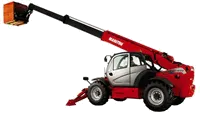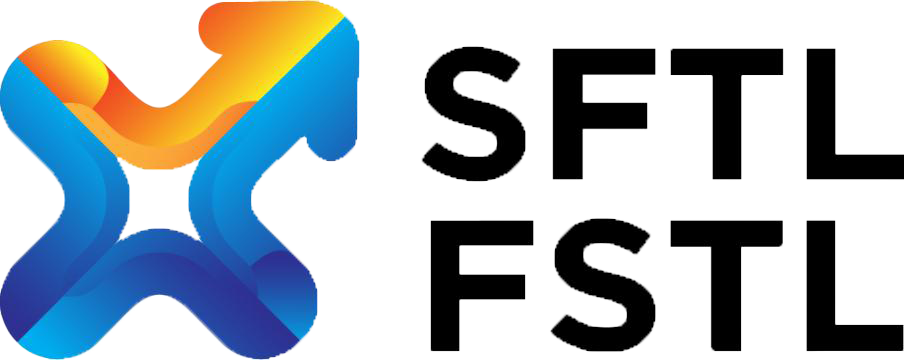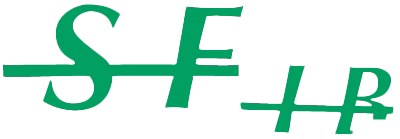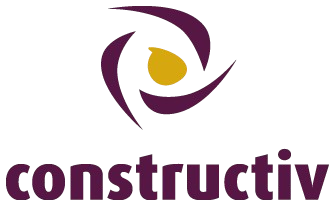What is a fixed telehandler:
A fixed telehandler has a non-rotating telescopic mast and is used where the load must be dropped off at a certain height without being able to stand just below the drop-off point. For example, delivering pallets of roof tiles to construction sites.
Content:
This training includes 4 to 6 hours of theory in group and 10 to 12 hours of practice.
Theory:
- Legislation
- Basic legislative knowledge.
- Risks and accidents
- Be able to identify, analyze and control risks specific to equipment and space.
- Safety regulations
- Telehandler in good condition, adhere to safety rules, drive only on floor surfaces with sufficient load capacity, take only loads that can be handled according to the load diagram.
- Construction of telehandlers
- Know concepts related to the construction of the fixed telehandler: chassis, driver’s cab, lifting arm, attachments, support legs, boarding plate, outriggers, tires, hydraulic system, cylinders, telescope, operating instruments, driving modes, diesel combustion engine, safety devices…
- Working with the fixed telehandler
- Know the elements that make up the initial check: hand brake, foot brake, steering, hydraulic system testing + electrical wiring, sound horn check, visual tire check, check fluid levels, check forks or attachments, operation of control instruments + safety (seat belt, deadman’s button, emergency stop) ….
- Know what factors affect the load and stability of the fixed telehandler.
- Understand and be able to use load and load moment diagrams and the load moment limiter.
Take into account forward and side tipping hazards and range. - Parking.
Practice:
- Application of safety and traffic rules: defensive driving, interaction with people and other drivers.
- Be able to perform daily inspection of telehandler correctly, recognize dangerous defects and report them.
- Apply correct mounting and dismounting techniques and safely park the telehandler.
- Be able to use the controls correctly.
- Applying safety hints combustion engine in practice.
- Adopting a good driving technique: forward, backward.
- Technical operation
- Be able to perform the following maneuvers: turning and cornering forward and backward, passing in very narrow passages, turning in and out of paths.
Driving in different driving modes. - Be able to estimate distances, depth and height.
- Applying order and cleanliness












